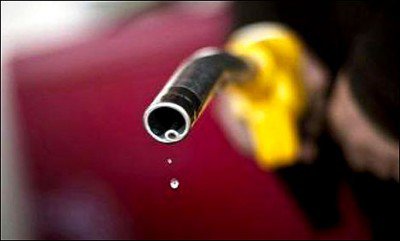
The cattle are looking well in their deep straw beds, munching on still green sweet smelling meadow hay, and home grown rolled barley and beans. They also have a molasses based lick which boosts their intake of trace elements, including copper, selenium and other minerals which are important for a well-balanced digestive system and general well-being.
We supply beef to a number of farm shops and family run butchers. They prefer beef cattle which are over two years old, and reared extensively. It is interesting that the commercial meat buyers which supply the supermarkets, purchase younger animals which have been intensively fed over a shorter period. This is why the beef you buy from farm shops and high street butchers is infinitely tastier, with refined marbling of fat in all the right places, not generally found in supermarkets.
As agricultural commodity prices bump along the bottom, including beef, producing well finished animals, on a low cost, low input system ensures quality meat and a sensible profit margin.
The World Economic Forum in Davos must have been a fairly gloomy place last week. With national leaders, businessmen, academics and bankers gathered to discuss the state of the world, one has to wonder if any were able to see a chink of light through the gloom.
However, it seems the usual ‘B’ list celebrities, and ‘has been’ politicians managed to indulge in the excesses of the ‘good life’, as they zipped into the resort in their gas guzzling helicopters and chauffeur-driven cars, many offering dodgy advice and spouting a certain amount of clap trap about the evils of ‘man made’ climate change.
With the global financial system in free fall, and seasoned financiers saying it is the worst start to a year they have seen in a lifetime, the price of oil currently in free fall, having dropped 75% in the last eighteen months, is the main culprit.
The effect is spilling into the financial markets, as the world is now awash with the stuff.
Saudi Arabia is ramping up production in an attempt to drive out high cost producers from the industry, such as private fracking firms in the USA, now producing in excess of 9million barrels per day. Currently Iran is poised to re-join the oil markets as sanctions are lifted.
We are all happy to fill our vehicles at the pumps without having to empty our bank accounts, but there are consequences. The collapse of oil revenue can bring political as well as financial instability, to fragile parts of the world, such as Venezuela and the Gulf. It is also fuelling rivalries in the Middle East.
As oil prices tumble so do investments and asset prices. Against this backdrop of a fragile world economy, it is now triggering defaults. Venezuela, where inflation is above 140%, has declared an economic state of emergency. Central banks in Colombia and Mexico raised interest rates in December, and Nigeria is rationing dollars in a desperate effort to boost its currency.
There are some winners like China and India. And South Korea is able to ditch its wasteful energy subsidies and raise tax. The world is now in financial turmoil, laid low by the price of oil.
It is interesting to remember that prior to 1970 the USA produced domestically around 70 percent of its oil needs. After this production went into a decline, only reversed in recent years since fracking took off.
OPEC, was formed in 1960, with original members being Iran, Iraq, Saudi Arabia, Kuwait and Venezuela. It gradually expanded to include Qatar, Indonesia, Libya, the United Emirates, Algeria, Nigeria and Ecuador, becoming the single most important determinate of the health, or lack of, both our economy and our financial markets.
Historically sharp rises in oil prices have been deadly for the economy and the stock market, while declining prices have led to good times. Things have now changed, due partly to the increase in alternative sources of energy, including renewables. For now OPEC countries are no longer setting the agenda, and how the current global financial meltdown will develop is unknown.
China has in recent years been the fastest-growing major economy in the world, due to its sheer size of population. The driving force being its transition from agriculture to manufacturing, unlike the USA where the driving force has been an elevating standard of living, or income per capita.
Environmentalists and conservationists have driven car manufacturers to develop more fuel-efficient vehicles, and the resulting reduction in world demand for fuel, in conjunction with the increase in renewables, has perhaps backfired on global finances.
Successful businesses depend upon the age old economic failsafe of supply and demand, the most fundamental concept of economics, and the backbone of a market economy. When it becomes askew on global proportions, we should be concerned, and the likes of IMF chief Christine Lagarde and Chancellor George Osborne are no doubt having sleepless nights.

 RSS Feed
RSS Feed